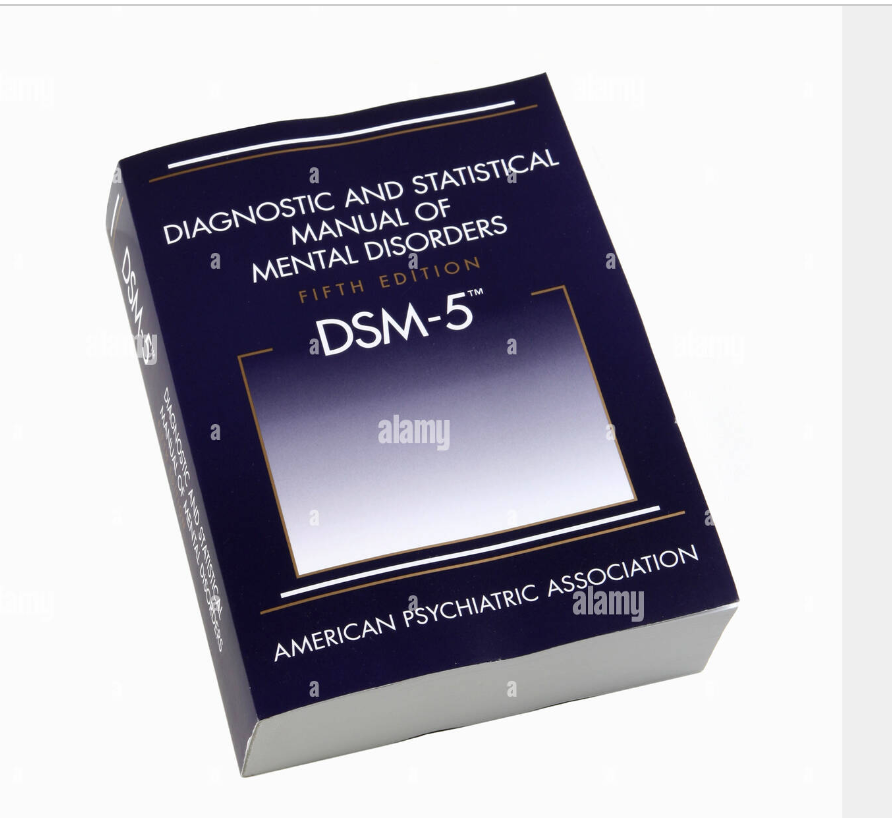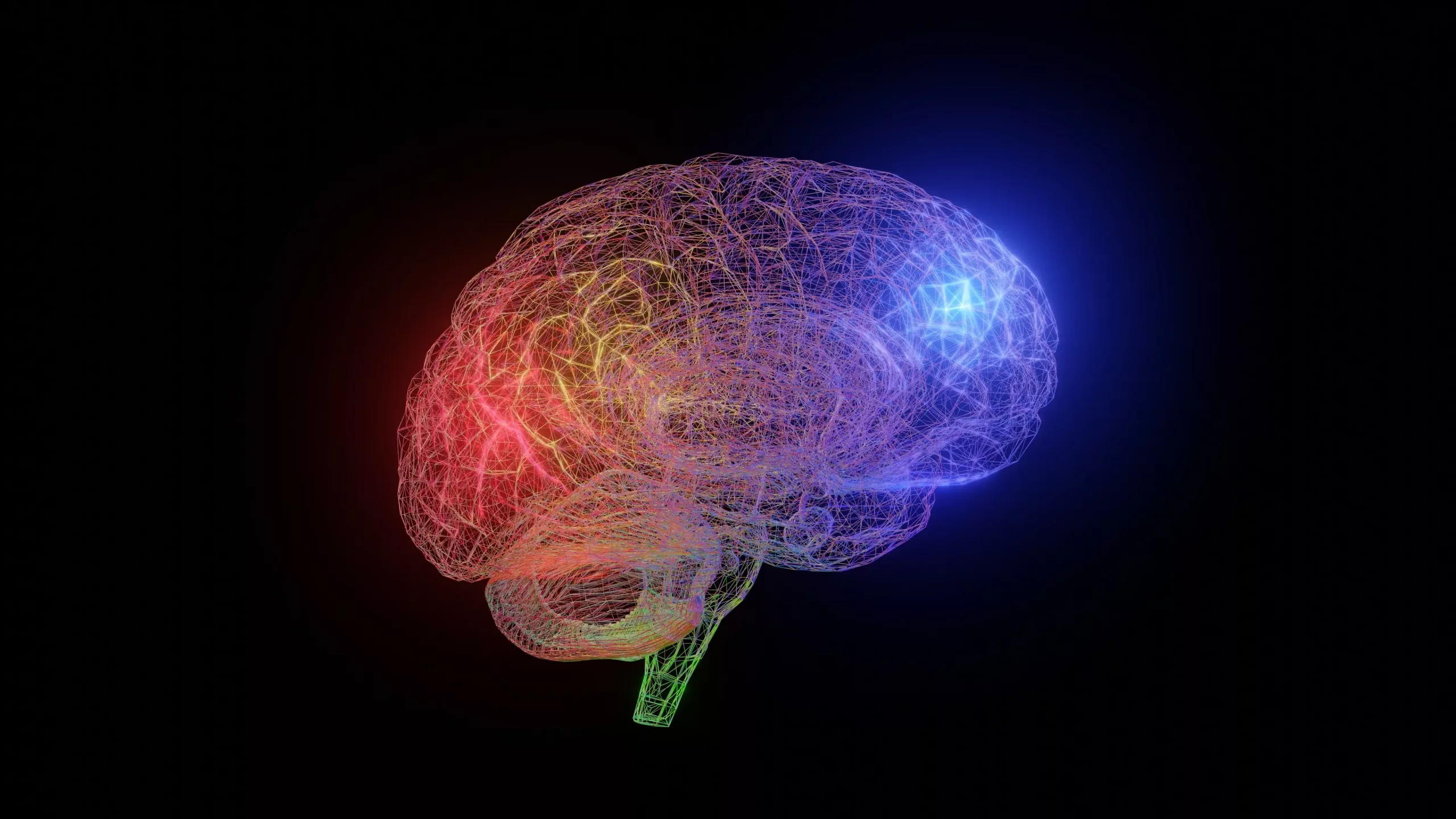Psychopharmacology BULLETIN Newsletter
the advance newsletter of Psychopharmacology BULLETIN
Summary—Index of This Issue On-Press
- ORIGINAL RESEARCH
EVIDENCE-BASED MEDICINEORIGINAL RESEARCH: The Trials and Travails
Atypical Antipsychotic Drugs and Diabetes in the US Adverse Event Database
Bipolar-I Patient Characteristics
PTSD Following Short-Term Paroxetine Treatment
Aripiprazole in the Treatment of PTSD
Memantine: An Open-Label Trial — OCD v. GADAtypical Antipsychotic Drugs and Diabetes Mellitus in the US Food and Drug Administration AdverseEvent Database: A Systematic Bayesian Signal Detection Analysis—p.2
Ross A. Baker, Andrei Pikalov, Quynh-Van Tran, Tatyana Kremenets, Ramin B. Arani, P. Murali DoraiswamyBipolar-I Patient Characteristics Associated with Differences in Antimanic Medication Prescribing
Alisa B. Busch, Richard G. Frank, Gary Sachs, Sharon-Lise T. NormandNeuropsychological Functioning in Patients with Posttraumatic Stress Disorder Following
Short-Term Paroxetine Treatment
Negar Fani, Noriyuki Kitayama, Ali Ashraf, Lai Reed, Nadeem Afzal, Farhan Jawed, J. Douglas BremnerAn Open-Label Assessment of Aripiprazole in the Treatment of PTSD
Sophie Robert, Mark B. Hamner, Valerie L. Durkalski, Mary W. Brown, Helen G. UlmerDifferential Efficacy of Memantine for Obsessive-Compulsive Disorder vs. Generalized Anxiety Disorder: An Open-Label Trial
Jamie D. Feusner, Lauren Kerwin, Sanjaya Saxena, Alexander BystritskyEVIDENCE-BASED MEDICINE: THE BOTTOM LINE
Early Symptom Change Prediction of Remission in Depression Treatment
Martin M. Katz, Adam L. Meyers, Apurva Prakash, Paula J. Gaynor, John P. Houston
Atypical Antipsychotic Drugs and Diabetes Mellitus in the US Food and
Drug Administration Adverse Event Database: A Systematic Bayesian Signal Detection Analysis
Prior literature suggests that the risk of diabetes-related adverse events (DRAEs) differs between
atypical antipsychotics. The present study evaluated the potential association between atypical antipsychotics or haloperidol and diabetes using data from the FDA AERS database.
Methods: Analysis of AERS data was conducted for clozapine, risperidone, olanzapine, quetiapine,
ziprasidone, aripiprazole or haloperidol with 24 DRAEs from the Medical Dictionary for Regulatory Activities using a Multi-item Gamma Poisson Shrinker (MGPS) data-mining algorithm. Using MGPS, adjusted reporting ratios (Empiric Bayes Geometric Mean or EBGM) and 90% confidence intervals
(CIs; EB05–EB95) were calculated to estimate the degree of drug–event association relative to all drugs
and events. Logistic regression odds ratios and 90% CIs (LR05–LR95) were calculated for diabetes
mellitus events.
Conclusions: In the AERS database, lower associations with DRAEs were seen for haloperidol, aripiprazole and ziprasidone, and higher associations were seen for olanzapine, risperidone, clozapine and quetiapine. Our findings support differential risk of diabetes across atypical antipsychotics, reinforcing the need for metabolic monitoring of patients taking antipsychotics.
Ross A. Baker PhD, MBA, Andrei Pikalov MD, PhD, Quynh-Van Tran PharmD, Tatyana Kremenets PhD, Ramin B. Arani PhD, P. Murali Doraiswamy MD
Psychopharmacology Bulletin. 2009;42(1):In Press.
Bipolar-I Patient Characteristics Associated with Differences in Antimanic Medication Prescribing
Second-generation antipsychotics offer more choice in antimanic pharmacologic treatment. Unclear though is whether they are expanding antimanic treatment, replacing mood stabilizers, or if/which patient characteristics influence prescribing choices. We studied the association between patient characteristics and patient-reported antimanic medication use upon entry in the Systematic Treatment Enhancement Program for Bipolar Disorder (STEP-BD).
Principal Observations: At study entry over 80% of participants reported receiving at least one antimanic medication; 73% a mood stabilizer specifically. Measures of psychiatric severity or complexity were more likely to be associated with differences in the drugs used; co-occurring medical conditions were not. Depressed states were associated with similar odds of antipsychotic monotherapy as elevated or mixed
states. Compared to whites, blacks had greater odds of entering on antipsychotic monotherapy relative to a mood stabilizer.
Conclusions: Despite increasing pharmacotherapy options, we found no evidence that over time more patients received antimanic medication. Not all prescribing differences were consistent with the medical literature. Also, blacks were more likely to receive antipsychotic monotherapy, even after adjusting for clinical characteristics. Future research examining provider characteristics that influence prescribing is needed.
Alisa B. Busch MD, Richard G. Frank MD, Gary Sachs MD, Sharon-Lise T. Normand MD
Psychopharmacology Bulletin. 2009;42(1):In Press.
Neuropsychological Functioning in Patients with Posttraumatic Stress Disorder Following Short-Term Paroxetine Treatment
A previous study found improvements in verbal declarative memory in patients with Posttraumatic Stress Disorder (PTSD) following one year of open-label paroxetine treatment. The purpose of the present study was to replicate prior findings and to extend the previous study by comparing the effects of paroxetine versus placebo on cognition in patients with PTSD.
Methods: Eighteen participants with PTSD underwent assessment of neuropsychological function, following which they were randomized to receive controlled-release (CR) paroxetine or placebo, given in a variable dose in a double-blind manner for three months. Neuropsychological testing was then repeated. Subjects who had received placebo were then treated with open-label paroxetine CR and re-assessed.
Results: Paroxetine CR treatment resulted in a significant increase in verbal declarative memory function in the group as a whole, as measured by the Wechsler Memory Scale-Revised, the Selective Reminding Test, and novel paragraph recall, and explicit recall of neutral words. Although we found patterns of improved test performance with paroxetine versus placebo treatment, these differences were not statistically significant.
Conclusion: These findings replicate an earlier finding that open label treatment with paroxetine CR is associated with improvements in verbal declarative memory function. The current study did not show a statistically significant difference between the effects of paroxetine and placebo on memory function, which may in part be related to our small sample size.
Negar Fani, MS, Noriyuki Kitayama, MD, Ali Ashraf, MD, Lai Reed, MBA, Nadeem Afzal, MD,
Farhan Jawed, MD, J. Douglas Bremner, MD
Psychopharmacology Bulletin. 2009;42(1):In Press.
An Open-Label Assessment of Aripiprazole in the Treatment of PTSD
Recent studies suggest that atypical antipsychotics may be effective augmentation strategies for the treatment of posttraumatic stress disorder (PTSD). Limited data were available on the newest agent, aripiprazole, so we aimed to evaluate its efficacy and tolerability in the treatment of PTSD.
Results: All 17 subjects were male, with an average age of 57 years. Total CAPS scores decreased from 78.2 (SD=17.8) at baseline to 60.0 (23.5) at study end (p=0.002). Re-experiencing (CAPS-B) and avoidance/numbing symptoms (CAPS-C) were significantly improved, and trend level reductions were observed in hyperarousal symptoms (CAPS-D). Fifty-three percent (9/17) were considered responders, as defined by a decrease in total CAPS scores of at least 20%. Reductions in the Positive and Negative Symptom Scale (PANSS) total score and positive and general psychopathology subscale scores were statistically
significant. The final average dose of aripiprazole was 13.06 (SD=6.45) mg daily. Nine patients discontinued because of side effects. The most common adverse events consisted of gastro-intestinal disturbances,
sedation, and psychomotor activation. Tolerability was improved with lower starting doses (e.g. 5 mg daily) and slow titration.
Conclusions: Addition of aripiprazole to ongoing treatment further reduced PTSD symptoms in military veterans with severe PTSD. These preliminary findings await confirmation in randomized, controlled trials.
Sophie Robert, PharmD, Mark B. Hamner, MD, Valerie L. Durkalski, PhD, MPH, Mary W. Brown, RN, Helen G. Ulmer MSN
Psychopharmacology Bulletin. 2009;42(1):In Press.
Differential eEfficacy of Memantine for Obsessive-Compulsive Disorder vs. Generalized Anxiety Disorder: An Open-Label Trial
A substantial proportion of patients with obsessive-compulsive disorder (OCD) and generalized anxiety disorder (GAD) do not respond to, or are intolerant of, standard treatments. Additional treatment strategies are therefore necessary. Excessive action of the excitatory neurotransmitter glutamate may play a role in the pathophysiology of OCD and possibly GAD. Memantine blocks the excitatory action of glutamate at the
N-methyl-D-aspartate (NMDA) receptor under pathological conditions. The objective of this study was to compare the efficacy and safety of memantine in OCD and GAD, and to probe relative effects on OCD and anxiety symptoms.
Results: The OCD group experienced a significant mean 40.6% reduction in YBOCS scores at endpoint (t=4.75, p<0.001). Three of 10 of OCD subjects were classified as responders, although 7 of 10 experienced a ?45% reduction in YBOCS scores. The GAD group experienced a mean 22.4% reduction in HARS scores (t=3.56, p=0.012). None of the G
AD subjects were responders, and none experienced a ?50% reduction in HARS scores. Memantine was well tolerated, and there were no serious adverse effects.
Conclusions: These results suggest that memantine may have preferential efficacy in the treatment of OCD versus GAD. These preliminary findings warrant larger, placebo-controlled studies in OCD.
Jamie D. Feusner, MD, Lauren Kerwin, BA, Sanjaya Saxena, MD, Alexander Bystritsky, MD, PhD
Psychopharmacology Bulletin. 2009;42(1):In Press.
Early Symptom Change Prediction of Remissionin Depression Treatment
This study investigated hypothesized early symptom changes as differential predictors of long-term remission for duloxetine and escitalopram.
Principal Observations: For both drugs, 2-week HAMD-17 improvement on all symptom subscales (except sleep for duloxetine) significantly predicted remission with ORs >2.0. In a follow-up analysis, specific subscale items for psychological anxiety, motor retardation, and suicidality significantly predicted remission for duloxetine, and psychological and somatic anxiety for escitalopram. Notably, high NPVs on the Maier subscale indicated that a lack of 20% improvement on the “core” depression factor by Week 2 was highly predictive of unsuccessful treatment outcome over 8 months.
Conclusions: In accord with hypotheses, early symptom changes were specific to treatment, with early response in the core depression factor (Maier subscale), anxiety, and motor activity for duloxetine, and core factor and anxiety for escitalopram. Lack of early response in depression symptom subscales was highly predictive of lack of sustained remission.
Martin M. Katz, PhD, Adam L. Meyers, MS, Apurva Prakash, BA, Paula J. Gaynor, PhD,
John P. Houston, MD
Psychopharmacology Bulletin. 2009;42(1):In Press.





Leave A Comment